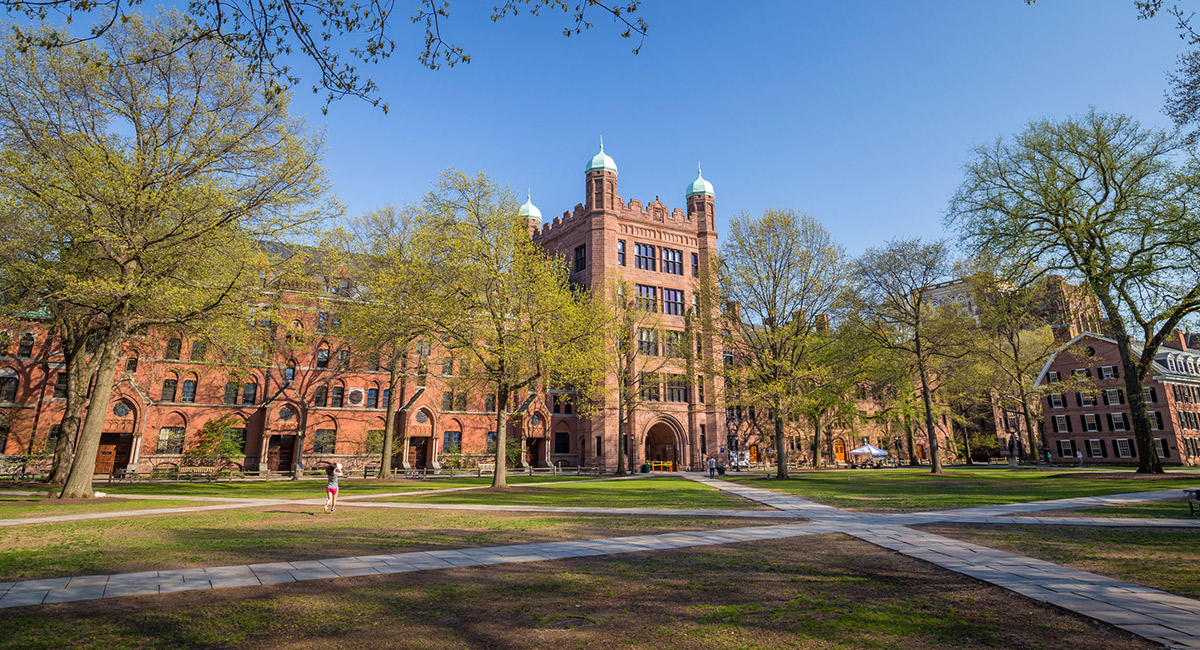By any rational way of measurement, on average competitive, market disciplined private enterprises are more efficient than our colleges and universities. Federal government data show that productivity per worker rises one or two percent annually over time for private American business, but my guess is that it is rising somewhere around zero for higher education. Why? Is the higher ed sector populated by less hard working, less intelligent, inferior workers and capital resources? While possible, I think the single most important factor is that competitive private businesses constantly are literally fighting for their life, facing the very real and often present possibility of what Joseph Schumpeter called “creative destruction,” while universities rarely are “destroyed” or “die.” The very real threat of the loss of employment and income security forces leaders of private businesses to mightily concentrate on doing a better job—building a better mousetrap (if that is the product made), cutting costs by using new technologies, etc. To be sure, creative destruction has been on the rise somewhat recently in higher education, but is not a real threat for the biggest, most prominent, and what are usually considered “the best” American colleges.
I had my ace student associate Braden Colegrove find the 25 top universities in 2000, using the US News & World Report rankings, as well as the 25 largest corporations, using the Fortune 500 largest corporation rankings. He then found the 2020 listings for each of these. There was widespread death or destruction among the largest companies—firms like Enron and Compaq Computer are long gone, and others like Chrysler have merged into other firms, losing their separate identify. Only eight of the companies that were in the top 25 in 2000 are still there today among the largest corporations. Some 68% of the biggest firms died, merged, or underwent major decline. And some of the survivors are shadows of their former selves. General Motors went bankrupt and, in reorganized form, fell from number one to number 20, but, far worse, its market value today is only one-ninth that of a competitor, Tesla, that did not even exist in 2000. Meanwhile, companies like Amazon, Alphabet (Google), and Apple entered the top 25. Changing tastes, innovations, and managerial abilities lead to constant change and companies battle hard just to stay afloat.
What about the universities? Of the top 25 universities in 2000, 23 were still in the top 25 list in 2020 and the others were also surviving, actually rather well. My guess is that if US News or Forbes or someone else were doing rankings in 1900 or, for that matter, even in 1800, Harvard, Yale and Princeton would have been in the top five, much less 25. With the exception of the Catholic Church and a few other religious or fraternal organizations, are there any other organizations that have endured for hundreds of years?
Why is this the case? Universities, unlike private companies, are not solely reliant on their customers for revenues. State governments, the federal government, private donors, and investments provide varying proportions of university revenues. Yale University, for example, has a $31 billion endowment to serve an institution with 12,000 students—about $2.5 million per student, or $100,000 each year if investments return four percent. Yale could stop collecting tuition or accepting private or public grants and still be an important institution 100 years from now with lots of high paid staff and beautiful buildings.
But is such lavish external support justified? Why should modest income taxpayers who never went to college be forced to provide subsidies to rich schools like Yale (through government research grants and the like)? Is this not perpetuating an credential-determined quasi-aristocracy rather than the American ideal of meritocracy centered around hard work, innovation, and shrewd investment?
Despite public subsidies, there has been a modest rise in college closings. Why? Ultimately the answer is that public university support is declining somewhat, enrollments have fallen, and more Americans question whether colleges deserve special support. As they are increasingly perceived to flout values cherished by most Americans and as the perceived return on a degree becomes more uncertain, decreasing public support will force colleges to face the creative destruction commonplace in the Real World.













